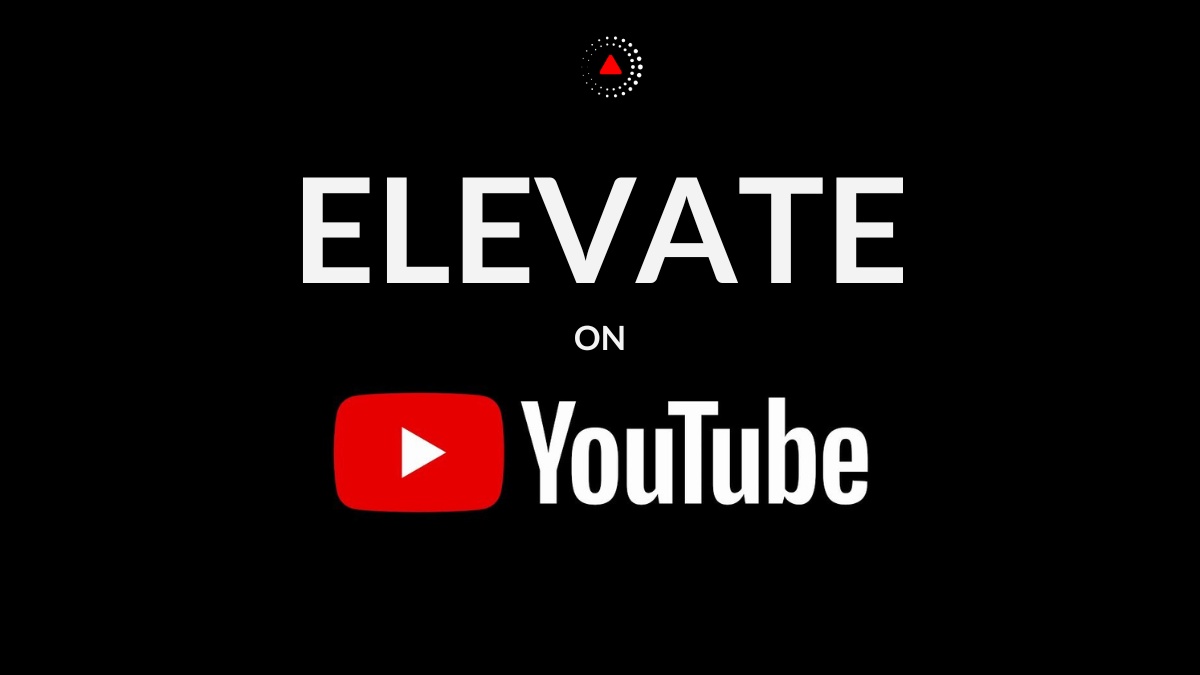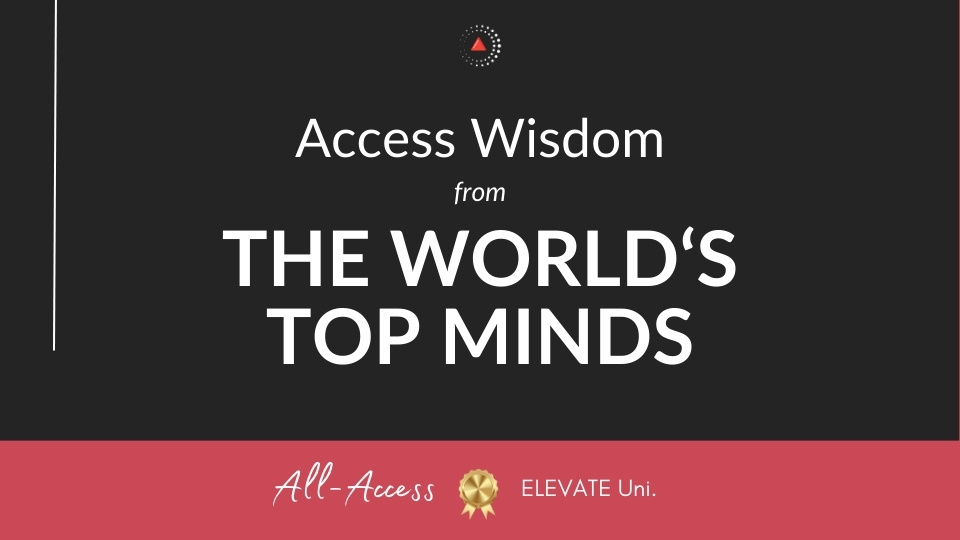My body will not be a tomb for other creatures.
What's the meaning of this quote?
Quote Meaning: The phrase "My body will not be a tomb for other creatures" speaks to a deep philosophical and ethical stance, rooted in the desire for harmony and respect towards all living beings. It touches on the idea of not allowing one's physical self to be a graveyard, a final resting place for other sentient creatures. This notion goes beyond just a dietary choice—it reflects a broader worldview of non-violence, empathy, and responsibility for the well-being of life around us.
At its core, this expression can be seen as a rejection of the idea that one species should have dominion over others to the point where their lives are sacrificed to nourish or serve the body of another. The concept of a "tomb" implies something final, lifeless, and cold—a place where the vitality of a being has ceased. By stating that one's body will not serve as such a place, the speaker draws a strong boundary against the consumption or use of animals in any form. This could imply adopting a plant-based lifestyle, abstaining from products derived from animals, or even rejecting behaviors that inflict harm on living beings, however indirectly.
Imagine a person walking through life with the belief that all beings, no matter how small or seemingly insignificant, have a right to exist in peace. This person may see themselves as a steward of life, someone who doesn't seek to destroy or diminish others for their own survival or pleasure. The phrase echoes this sentiment, creating a sense of responsibility not just for one's own actions, but for the impact they have on the interconnected web of life.
In a broader sense, the statement also invites us to think about the intrinsic value of life. In modern society, there is often a disconnect between what we consume and where it comes from. Meat, for example, is frequently viewed as a commodity rather than the result of a living being's existence. By reframing the body as something that could potentially become a "tomb," the phrase forces us to confront the reality of what it means to consume another creature. It encourages a kind of mindfulness that goes beyond mere survival—an awareness of the suffering or death that may accompany each decision we make.
This expression could also be understood as a reflection of compassion at its highest level. Compassion here is not just the avoidance of inflicting harm but an active, conscious decision to honor the life force in others. It suggests that by consuming another creature, we not only take its life but also incorporate its death into our own body. In a way, it becomes part of us, and the speaker rejects that idea, perhaps feeling that their essence, their very being, should remain untainted by the death of another.
When you think of the body as a vessel, one that carries and nourishes life, it becomes more than just a physical form. It turns into a symbol of the individual's values, beliefs, and worldview. Choosing not to make this vessel a resting place for the dead, particularly the dead who had no choice in their fate, elevates the body into something sacred—something that honors life rather than death.
Moreover, this perspective highlights the interconnectedness of life and death in a moral and ethical framework. We often go through our lives making decisions based on convenience, taste, or cultural norms, rarely stopping to think about the full consequences of our choices. But to say "my body will not be a tomb" requires a deep level of reflection on the consequences of those actions. It prompts the idea that one's existence should not come at the expense of another's, especially when alternative choices are available.
From a spiritual standpoint, the phrase could be seen as a commitment to purity—not in the sense of physical cleanliness, but in terms of moral and ethical integrity. It speaks to the desire to live in alignment with one's values, to ensure that every action taken reflects a deep respect for life in all its forms. In this light, the body becomes not just a physical entity but a manifestation of one's inner beliefs. The idea of turning the body into a tomb contradicts the natural desire to preserve life, beauty, and growth.
In an age where so much of life is commodified, where creatures are often reduced to products on a shelf or ingredients on a menu, this statement serves as a powerful reminder to reconsider our relationship with the natural world. It asks us to think about whether our choices, however mundane they may seem, are in line with the greater good of all beings. By rejecting the notion of their body as a tomb, the speaker symbolically resists the forces of exploitation and destruction that underpin much of modern life.
Lastly, this expression encourages us to look at the broader implications of our daily choices and to strive for a life that minimizes harm to others. It is not just about what we eat or consume but about a larger ethic of care, empathy, and respect. It's a call to recognize that our bodies are not isolated, individual entities but are part of a larger ecosystem of life, and that we should act in ways that sustain and honor that ecosystem, rather than diminish it.
In summary, this statement offers a profound message about the value of life, personal responsibility, and the ethical choices we make. It encourages us to align our physical existence with our moral values, fostering a life of compassion, respect, and mindfulness in all our actions.
Who said the quote?
The quote "My body will not be a tomb for other creatures." is often attributed to Leonardo da Vinci (Quotes). Leonardo da Vinci is a Renaissance polymath whose contributions spanned art, science, and invention.
Chief Editor
 Tal Gur is an author, founder, and impact-driven entrepreneur at heart. After trading his daily grind for a life of his own daring design, he spent a decade pursuing 100 major life goals around the globe. His journey and most recent book, The Art of Fully Living, has led him to found Elevate Society.
Tal Gur is an author, founder, and impact-driven entrepreneur at heart. After trading his daily grind for a life of his own daring design, he spent a decade pursuing 100 major life goals around the globe. His journey and most recent book, The Art of Fully Living, has led him to found Elevate Society.



























